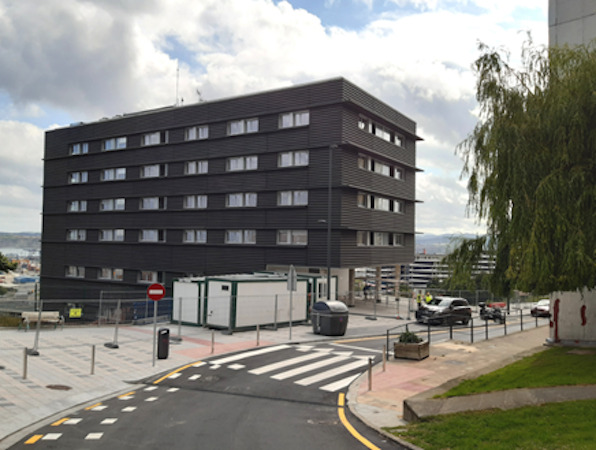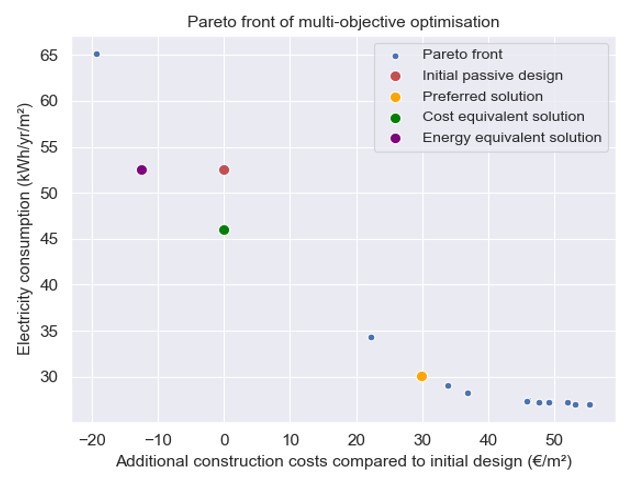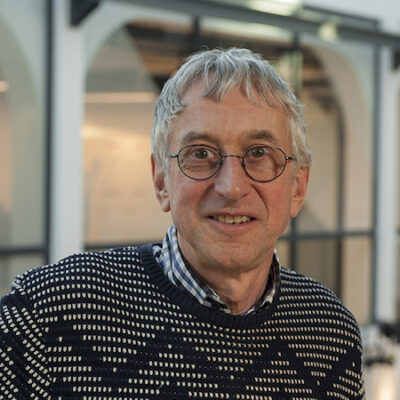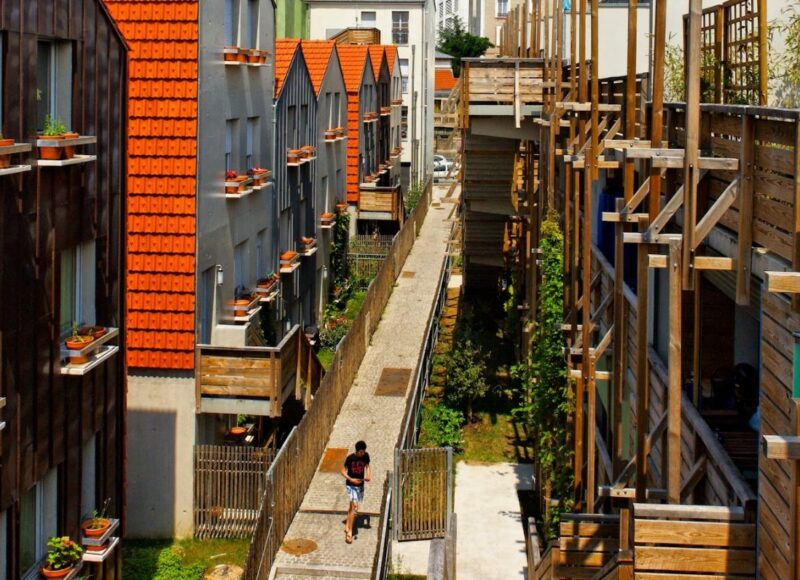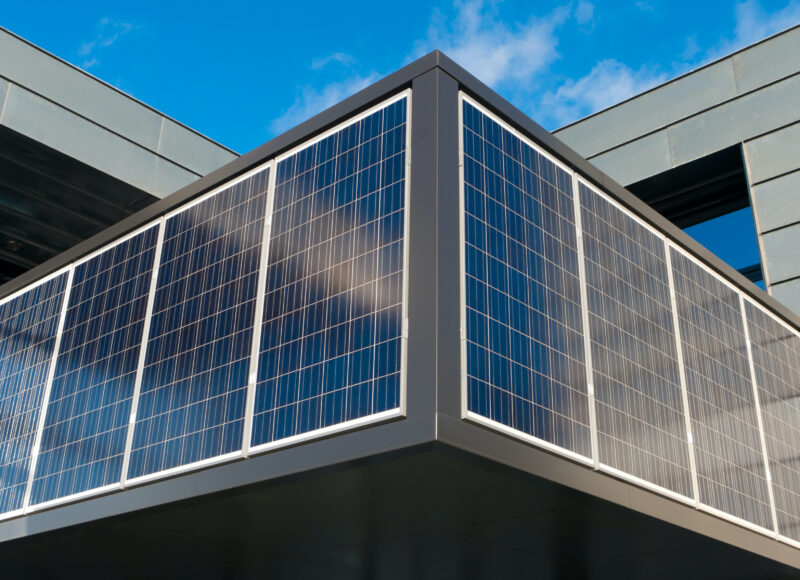Project
Robust multi-criterion optimisation of zero-energy buildings
The eco-design of zero-energy buildings involves the identification of optimal solutions, in reasonable calculation times, resulting from the analysis of several performance criteria, more influential parameters and uncertainties.
Researchers
PhD Student
Ecole des Mines Paris-PSL
CES
CES
Research Director
Ecole des Mines Paris-PSL
CES
CES
Research Associate
Ecole des Mines Paris-PSL
CES
CES
Scientific publications
Conference papers
Le projet européen A-ZEB, Affordable zero energy buildings (bâtiments zéro énergie à coût abordable)
PASSIBAT 2018, Mar 2018, Paris, France
Read more
Conference papers
Optimisation multicritère et analyse de cycle de vie de bâtiments zéro-énergie
IBPSA France: Conférence Francophone de l'International Building Performance, May 2018, Bordeaux, France
Read more
Tools
This software program for life cycle assessment of neighbourhood projects is used to measure the environmental impacts from the manufacture of materials to the end of their life.
Learn more
This dynamic thermal simulation model of buildings anticipates energy consumption and the risk of discomfort in all seasons. Thanks to the Amapola module, this software program makes it possible to identify the least
Learn more
Life-cycle assessment is a method to assess the environmental impacts of buildings and infrastructures throughout their life cycle, from the extraction of raw materials through to their end-of-lifetime handling.
Learn more
Buildings can be designed and operated to radically improve their energy efficiency and reduce their environmental impact.
Learn more
- About
- Researchers
- Scientific publications
- Tools
- Research areas


